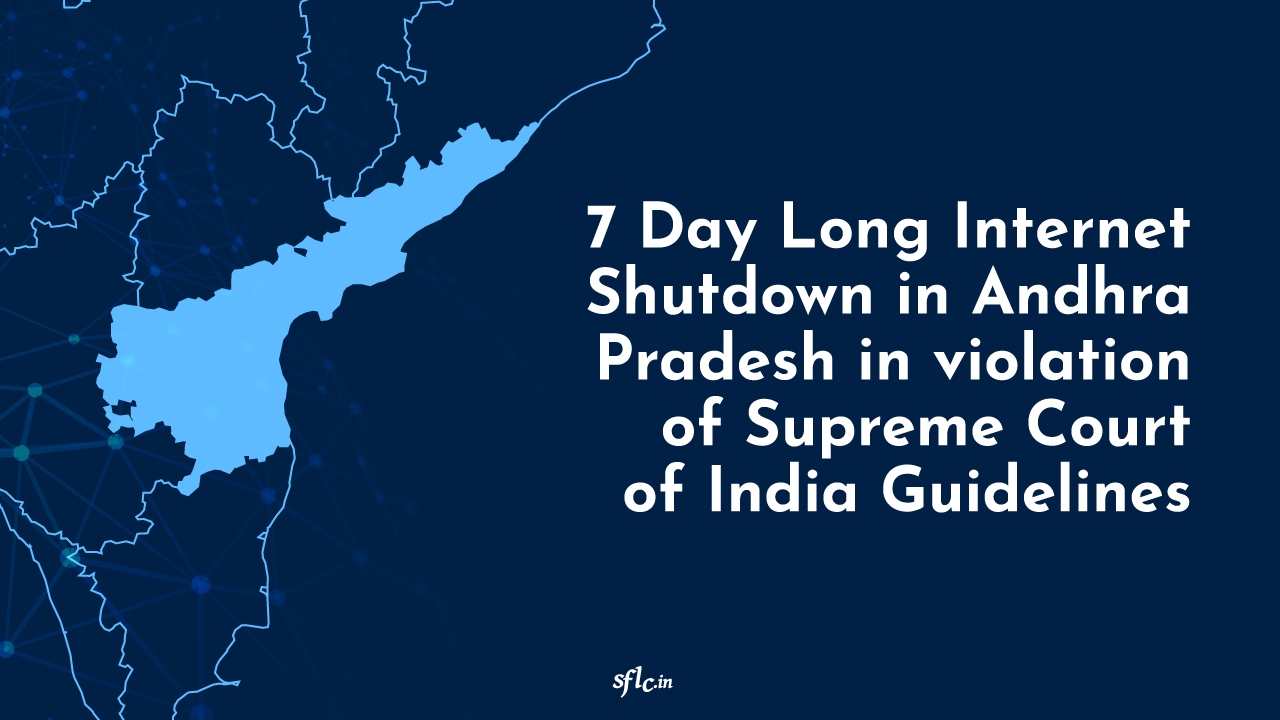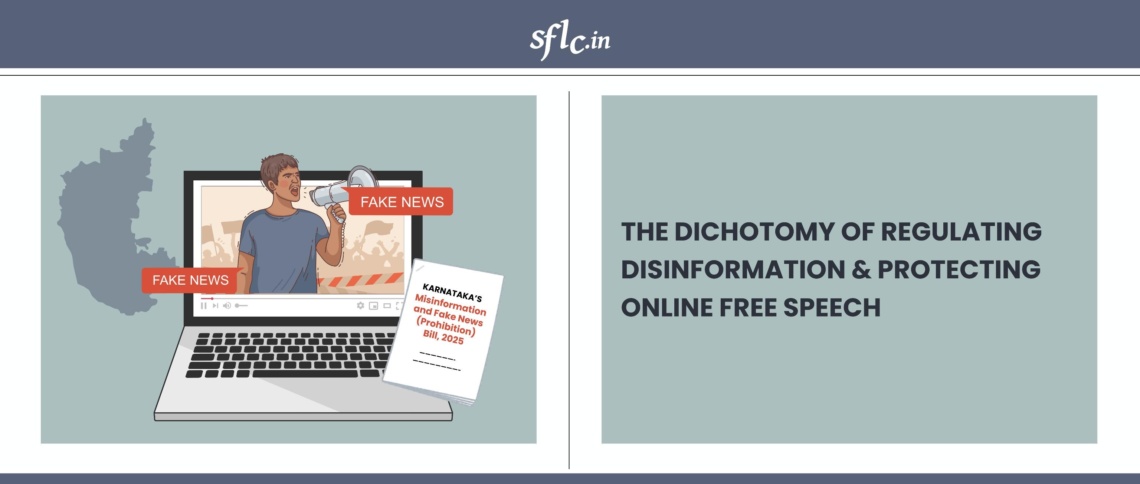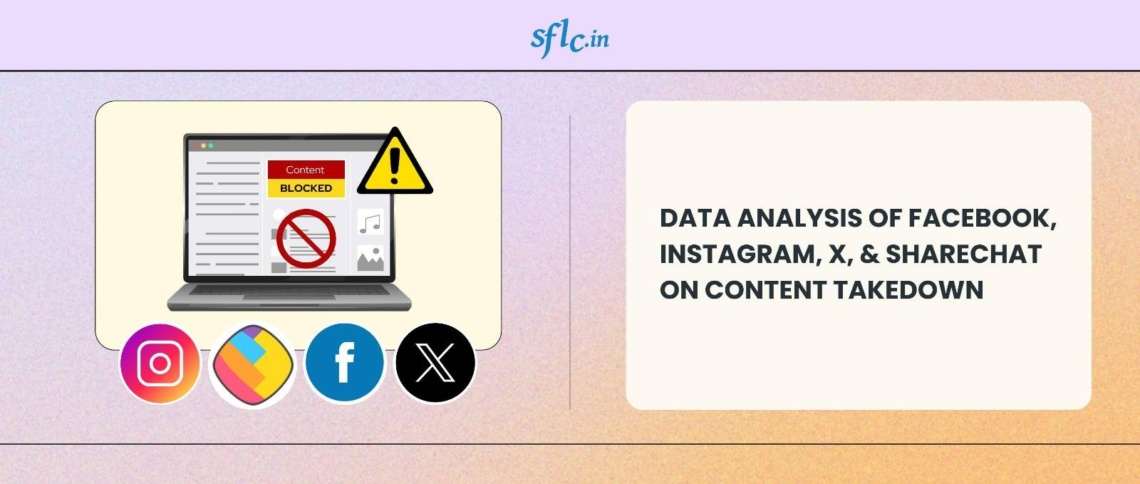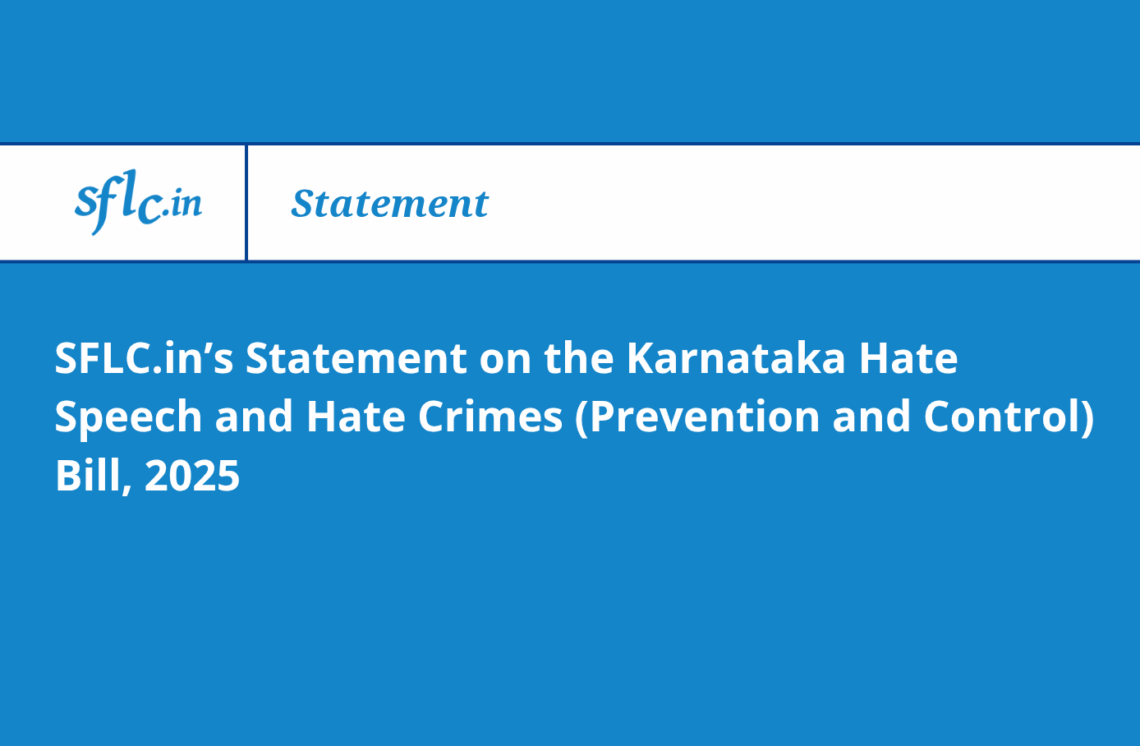7 Day Long internet shutdown in Andhra Pradesh in violation of Supreme Court of India Guidelines: RTI Response
On 25 May 2022 an internet shutdown was imposed in Konaseema district of Andhra Pradesh. The shutdown lasted over 7 days. According to the internet shutdowns tracker maintained by SFLC.IN, this was the first recorded internet shutdown in Andhra Pradesh. Suspension of the internet was ordered after there were widespread protests in the district. The agitation took place against the government’s announcement to rename Konaseema as B R Ambedkar Konaseema.
Pursuant to the news reports of internet shutdown in the district we filed an application under the Right to Information Act, 2005 on 26 May 2022, to seek information related to the shutdown. Following information was sought in the application:
1. If mobile internet services were shutdown on 24th or 25th May 2022 and the order imposing the shutdown.
2. The provision of law under which the suspension of mobile internet services was ordered and the designation of the officer ordering suspension of Internet.
3. Whether the internet shutdown order was duly published as required by the directions laid down by the Hon’ble Supreme Court of India in Anuradha Bhasin v Union of India. Further, if it was not published, what were the reasons for the same.
4. If there is a review committee constituted to look into the suspension as prescribed under Sub Rule 2(5) of the Temporary Suspension of Telecom Services (Public Emergency or Public Safety) Rules, 2017 (the Telecom Suspension Rules)?
Observations from the Right to Information reply received:
Reason for internet shutdown
According to the order provided in the reply, suspension of the internet was issued to prevent disruption of public order. It stated that there was huge damage to public and private property and the government apprehended that such a situation will continue for some more days. Additionally, there was apprehension of more disruptions due to spread of false information. Therefore, government considered that in the interest of public internet services have to be shut down.
There is no end date
The last paragraph of the order states as follows:
“In view of the above, it is requested to kindly suspend the internet services in the following mandals of Konaseema district till further instructions to prevent untoward incidents and to safeguard the public interest.”.
This clearly reflects that there is no end date for the internet shutdown. The Hon’ble Supreme Court in the landmark judgment of Anuradha Bhasin v Union of India observed that the internet services cannot be suspended indefinitely as doing so will violate the proportionality principle (paragraph 100). Following this observation, the Rules were amended by the Department of Telecommunications on 10 November 2020 to add the procedural safeguard that a shutdown cannot be imposed for more than 15 days. It is pertinent to note that not adding an end date in the internet shutdown order amounts to imposing an indefinite internet shutdown. Even though after the said amendment the order will cease to operate, the government must provide an end date to satisfy the condition of proportionality.
Order not published
The reply states that the order was not duly published as per the guidelines laid down by the Supreme Court in Anuradha Bhasin. However, no reasons were provided for this non compliance. The court declared right to access internet as a fundamental right to the extent it is used as a medium to exercise the right to freedom of speech and expression and freedom of trade (paragraph 26). Accordingly, suspension of internet services amount to a restriction on these rights. Therefore, the government is bound by principles of natural justice and must provide an opportunity to challenge the shutdown (paragraph 96). Thus, non publication of order amounts to a violation of principles of natural justice.
Review Committee constituted on 2 June 2022
The last question asked if a review committee has been constituted by the government. The reply stated that the Review Committee has been formed and the notification was enclosed within. The notification is dated 2 June 2022. Which means there was no Review Committee before 2 June 2022. This is in contravention with the rule 2(2) of the Temporary Suspension of Telecom Services (Public Emergency or Public Safety) Rules, 2017. The rule states that:
“Any order issued by the competent authority under sub-rule (1) shall contain reasons for such direction and a copy of such order shall be forwarded to the concerned Review Committee latest by next working day.”
The suspension order was issued on 25 May 2022 and had to be forwarded to the Review Committee on 26 May 2022. However, the Review Committee came into existence on 2 June 2022- after 8 days. This is a clear contravention of the procedural safeguard laid down by the rules.
The reply brings to light multiple deficiencies in the action taken by the government in following the procedure laid down by the law. Non compliance with the procedural safeguards results in a violation of fundamental rights guaranteed by the constitution. We have written a letter to the Andhra Pradesh government, as well, highlighting the deficiencies and requesting them to follow the law laid down by the Hon’ble Supreme Court.
The RTI reply along with our questions can be found below.




